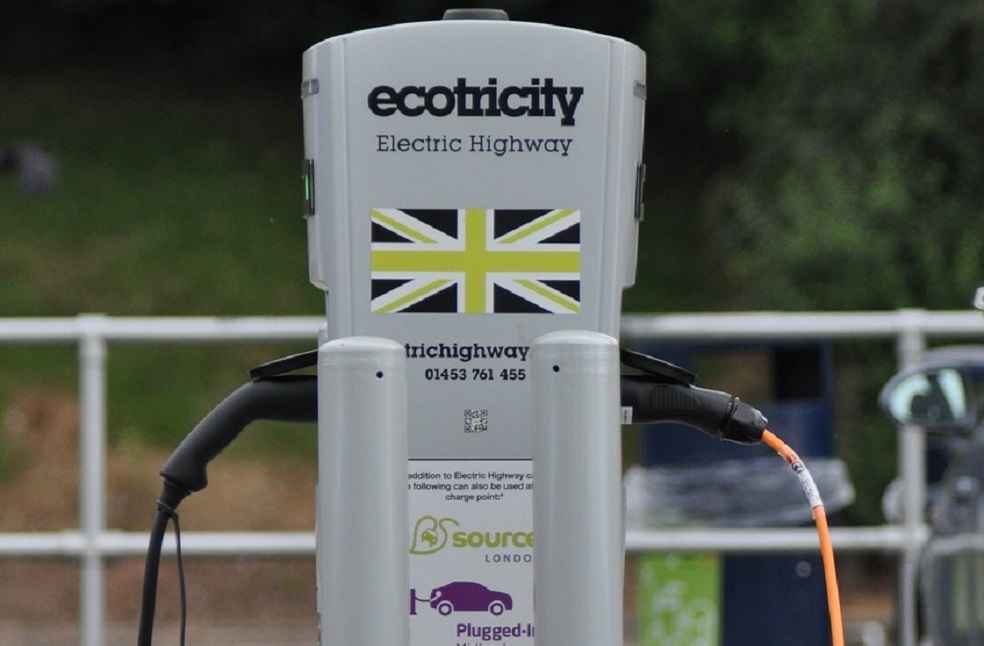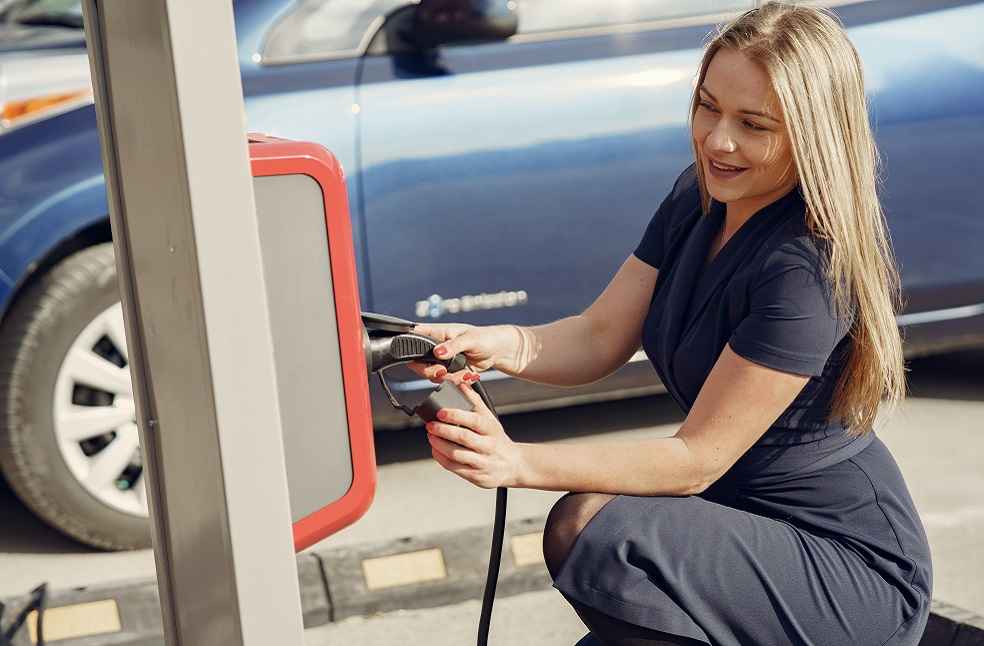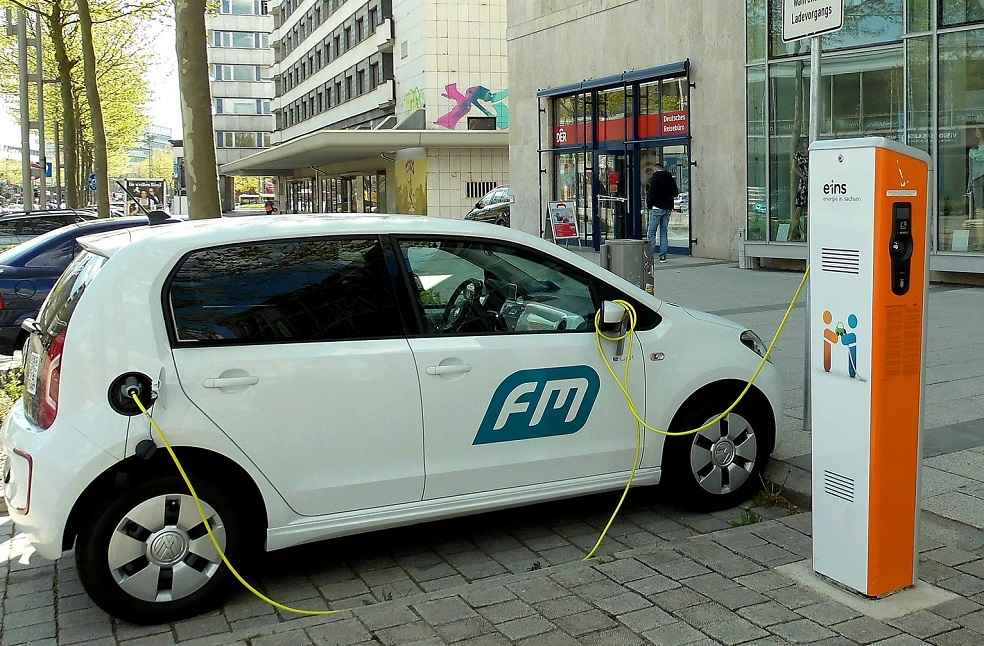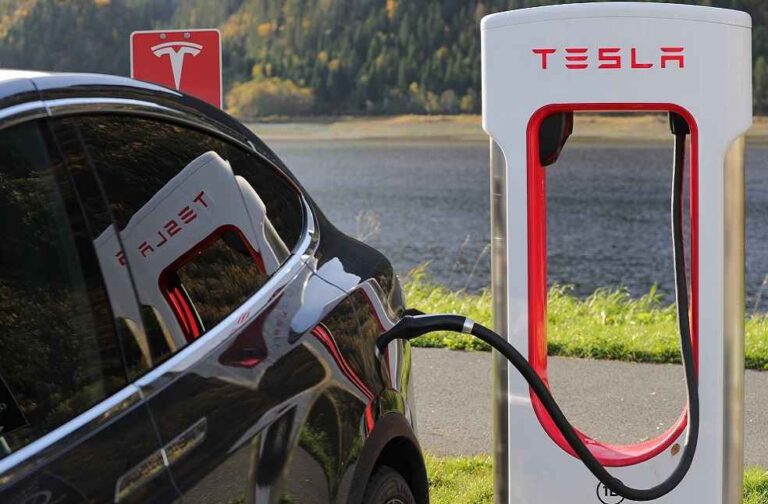Price: EVs can be more expensive than gas-powered cars upfront, but they can save you money on fuel and maintenance costs over the long run. Be sure to factor in the cost of the car itself, as well as the cost of a home charger and any other associated expenses.
Electricity Availability and Price Hike: In whichever area you reside, is the region guaranteed a stable electricity supply? How severe are the potential future electricity shortages? Is there a possibility of a price increase? If so, how much could it rise in the next five years? Such calculations are crucial when making a purchase.

Resale Value: The resale value of EVs is generally lower than gas-powered cars due to factors like limited demand and battery degradation. However, factors like brand, model, and vehicle condition can enhance an EV’s resale value. For better resale value, it’s advisable to choose reputable brands, maintain the vehicle well, and consider selling before the battery warranty expires. As EV adoption grows, resale values are expected to improve.
Comparative Study: When investing in an EV car, one should consider and compare the long-term benefits rather than the short-term ones. Ask yourself: How many kilometers will I drive in a year? What will the different fuels cost? What are the anticipated repair expenses? Is the amount I’m paying now for an EV car justified in the long run? Will this investment feasibly contribute to helping nature? These aspects should be carefully considered.
Incentives: Many governments and utilities offer incentives to encourage people to buy EVs. These incentives can take the form of tax breaks, rebates, or other financial benefits. Be sure to research what incentives are available in your area.

Driving range: EVs have a limited driving range, which means you need to be able to charge them regularly. Consider how far you drive on a typical day and how often you have access to charging stations. If you have a long commute or frequently take road trips, you’ll need an EV with a longer driving range.
Charging infrastructure: How easy will it be for you to charge your EV? If you have a garage, you can install a home charger, which is the most convenient way to charge. But if you don’t have a garage, you’ll need to rely on public charging stations. Before you buy an EV, make sure there are enough public charging stations in your area and that they are compatible with the EV you’re considering.
Battery life: EV batteries degrade over time, so it’s important to choose an EV with a battery that has a long warranty. You should also consider the climate you live in, as extreme heat and cold can shorten the life of an EV battery.
Maintenance costs: EVs have fewer moving parts than gas-powered cars, which means they require less maintenance. However, you’ll still need to have your EV’s tires rotated and its brakes inspected regularly.

Performance and Features: EVs boast swift and smooth acceleration, coupled with impressive torque, offering an exhilarating driving experience. Additionally, they come equipped with an array of features like regenerative braking, heated seats, and advanced safety technologies. When choosing an EV, prioritize the features that are most significant to you to ensure that it meets your specific needs and preferences.
Brand and Model: The EV market offers a diverse range of brands and models. It’s essential to conduct thorough research to identify an EV that aligns with your requirements, budget, and potential resale value. Additionally, consider opting for a stable company with a promising future to ensure long-term satisfaction and support.
Once you’ve considered all of these factors, you’ll be ready to start shopping for an EV. Be sure to test drive a few different models before you make a decision.
AWJ CHOICE | Hyperloop Transportation: Everything You Need to Know





